Dar Es Salaam ‒ According to World Health Organization (WHO), cervical cancer is the fourth most common cancer among women globally, with an estimated 604 000 new cases and 342 000 deaths in 2020.
The East African region has one of the highest cervical cancer burdens globally. Tanzania is reported as one of the five countries with the highest rates in Africa with a 2020 report from Ocean Road Cancer Institute indicating that cervical cancer is one of the leading cancer deaths in women.
Backed by WHO guidance, Tanzania has made cervical cancer prevention and treatment a health priority through a multi-tiered, comprehensive cervical cancer control programme, including vaccination against the human papillomavirus, screening and treatment of pre-cancerous lesions, diagnosis and treatment of invasive cervical cancer, and palliative care.
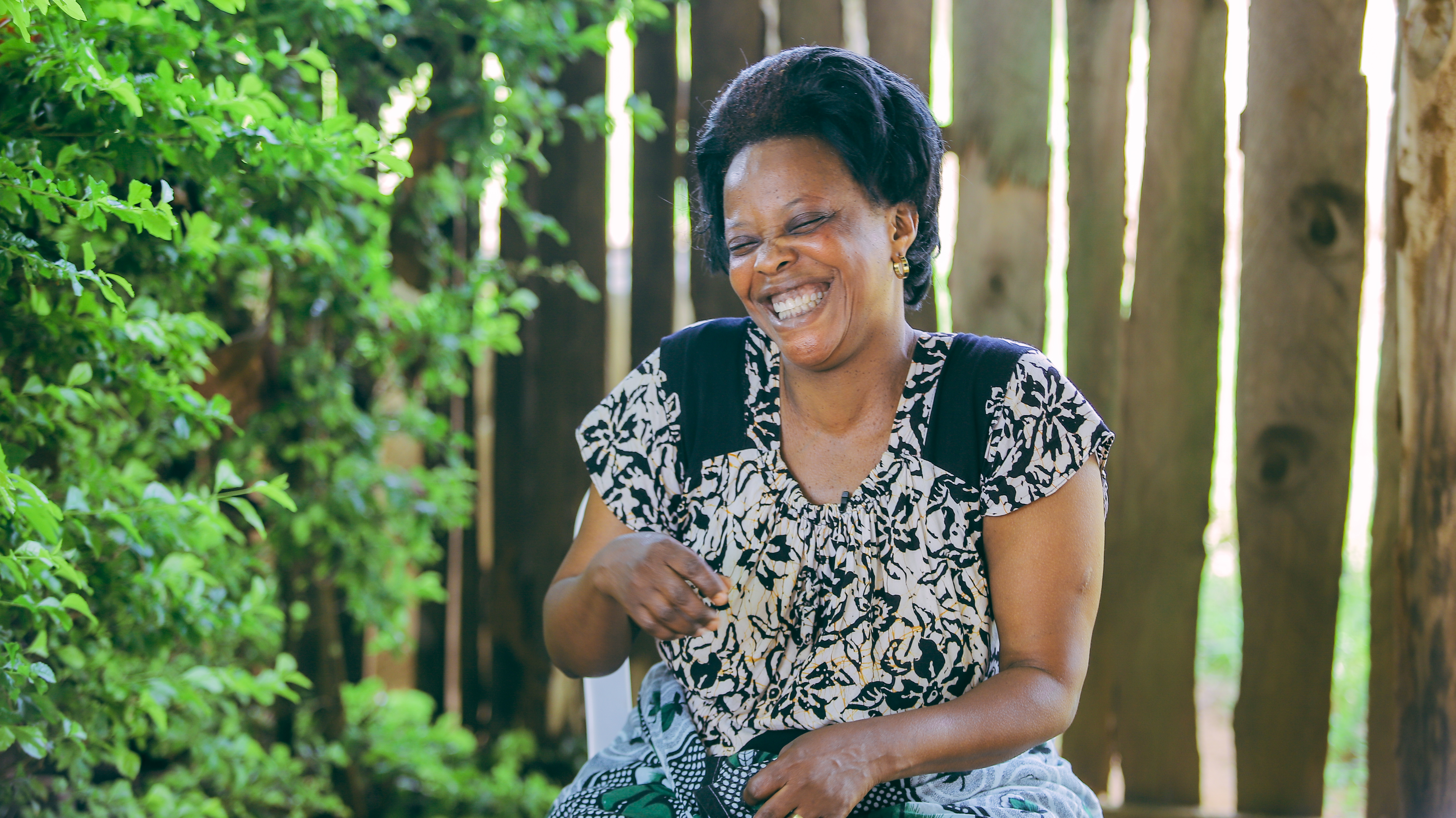
My aunt died from cervical cancer; my mother-in-law also died from this, so when I started feeling intense abdominal pains and some vaginal bleeding, I immediately got scared and decided to go to the hospital,” says Alodia Bedueto-Mkabezi.
At Ramshinye Hospital in Bukoba, Adolia is on the edge of fear as the nurse confirms that her situation is a precancerous case of cervical cancer.
Fortunately, her fear was followed with relief. Adolia had the opportunity to undergo counselling and treatment which prevented her case from progressing to cervical cancer.
Cervical cancer affects thousands of women worldwide, robbing them of their health, well-being, and, in some cases, their lives. However, through widespread awareness campaigns, vaccination, improved screening methods, and accessible preventive measures it is possible to eliminate it as a public health problem.
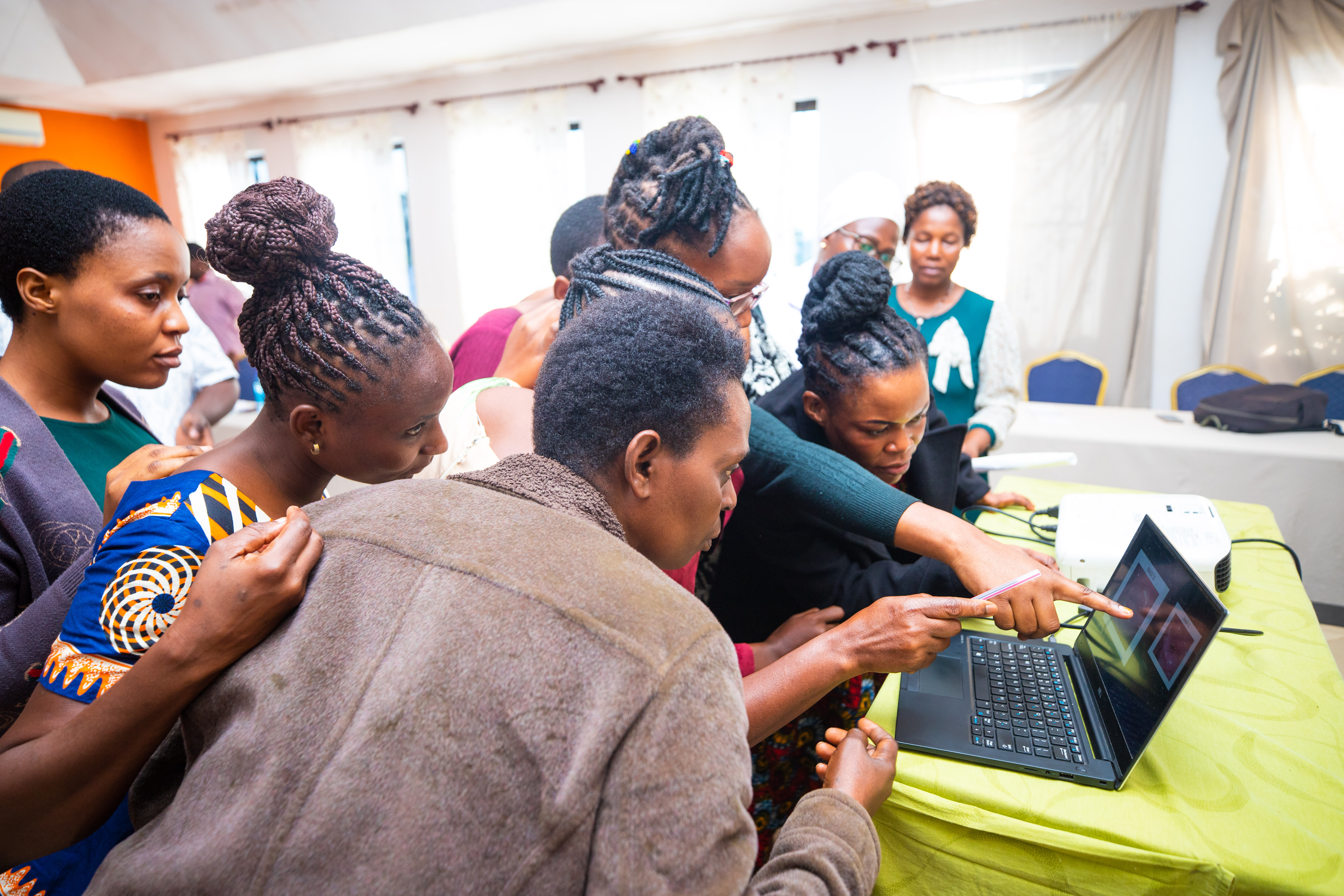
Through the support of WHO, with support from Gavi Alliance, UN Women and other partners, the human papillomavirus vaccination campaign supported girls between the ages 14-year-old girls in 2018 and 2019 in Tanzania to protect them against cervical cancer. Currently, the vaccines have been integrated into routine vaccination ensuring all girls get vaccinated.
Similarly, WHO have been supporting the Ministry of Health to strengthen the capacity of health care providers in educating, vaccinating, and providing early screening and treatment of cervical precancer lesions.
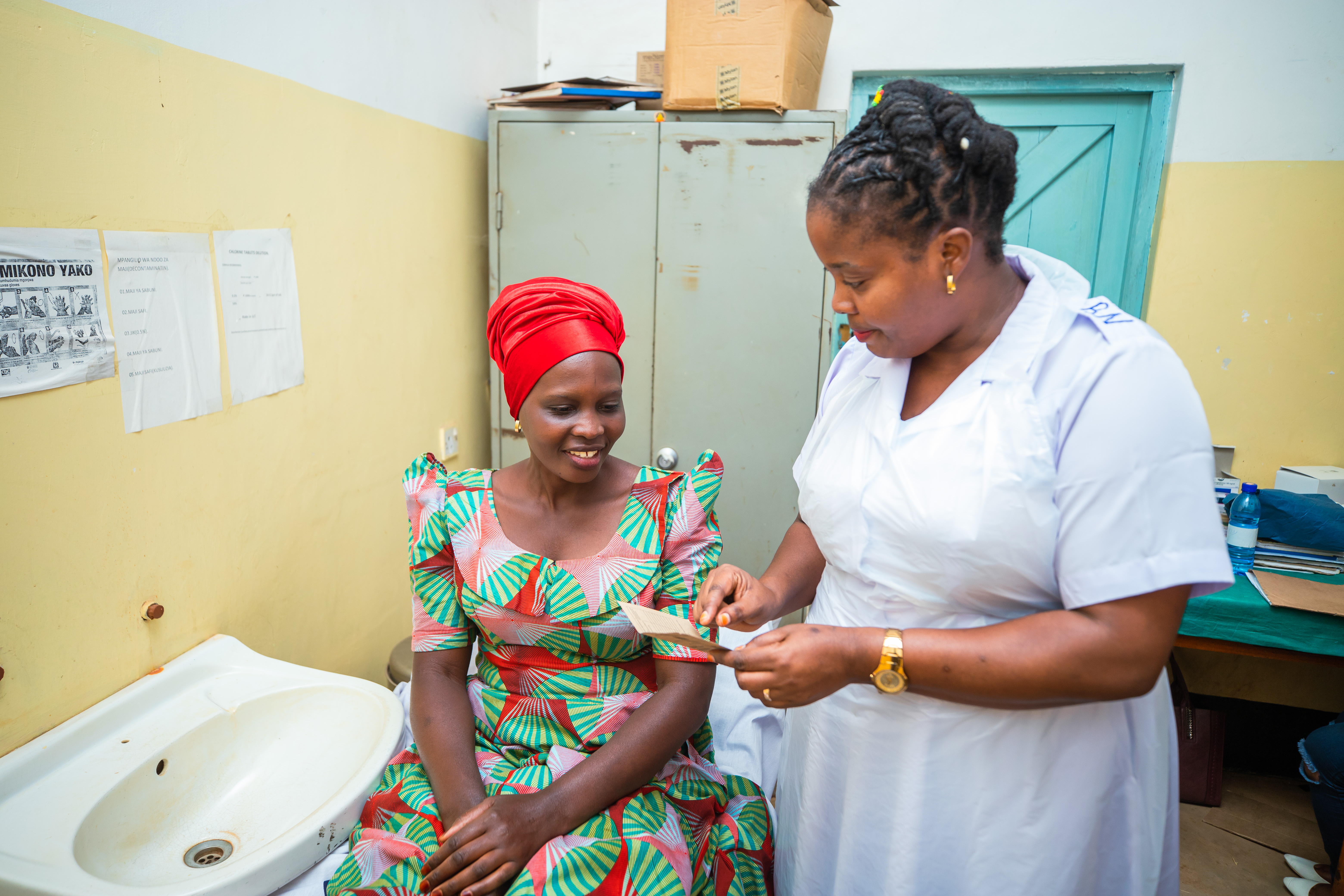
So far, over 40 healthcare workers in three health facilities the Kagera region have been trained and more than 160 women now have access to early screening and treatment if diagnosed.
" This training has been very helpful,” says Adela Kemilembe France, a nurse who was trained and helped in treating Adolia’s case.
“Through this training, I have diagnosed several precancerous cervical cancer cases, some of which are currently undergoing treatment and others have fully recovered. Adolia’s case is one I feel fulfilled about, seeing her living healthily now is something I am very proud of.”
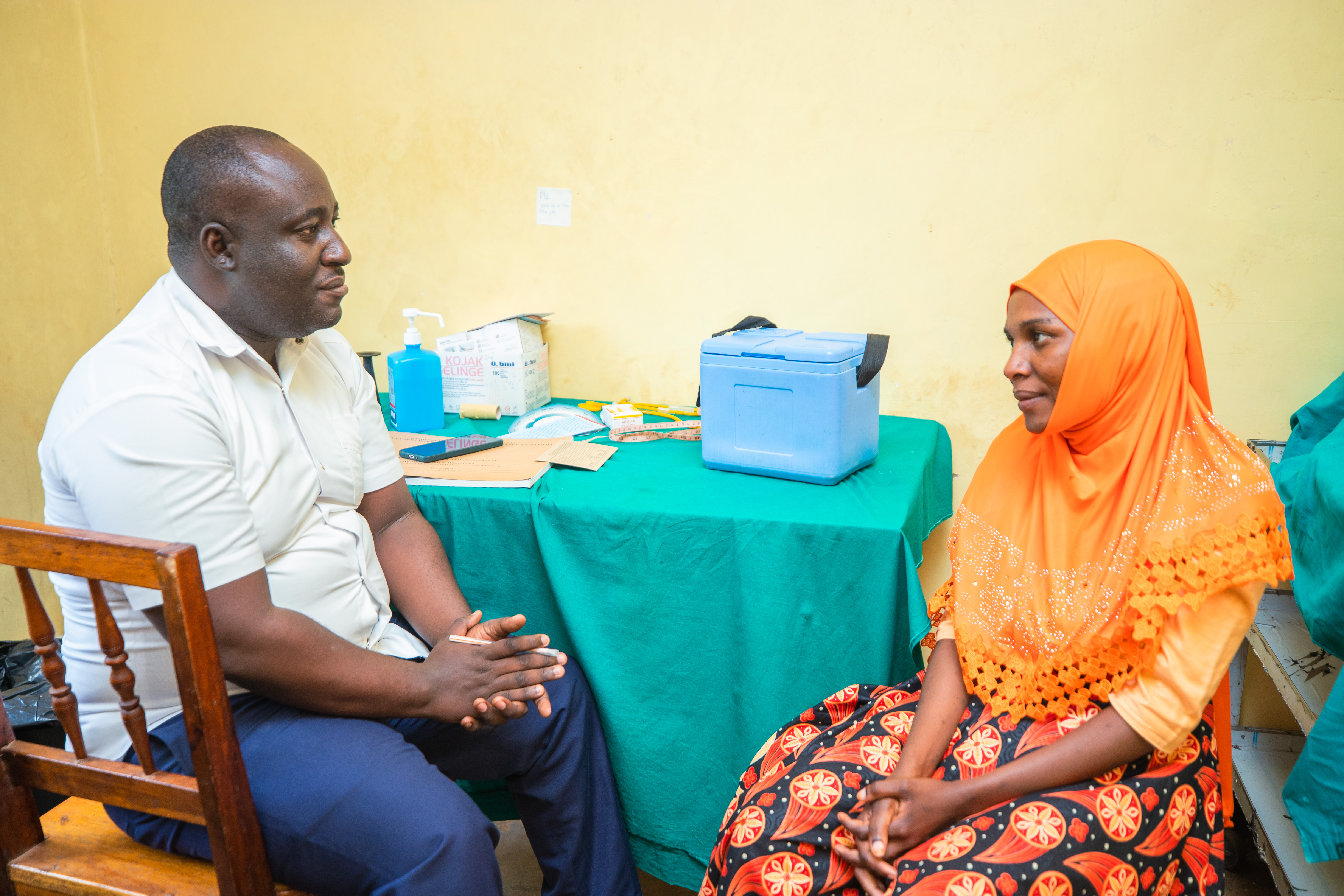
For WHO Representative in Tanzania, Dr Charles Sagoe-Moses “Early cervical cancer prescreening has a huge role to play in ensuring lives are saved”. He noted that, “Cervical cancer is more than 90% preventable and WHO will continue to support the Government of Tanzania to place prevention in the hands of women and girls.”
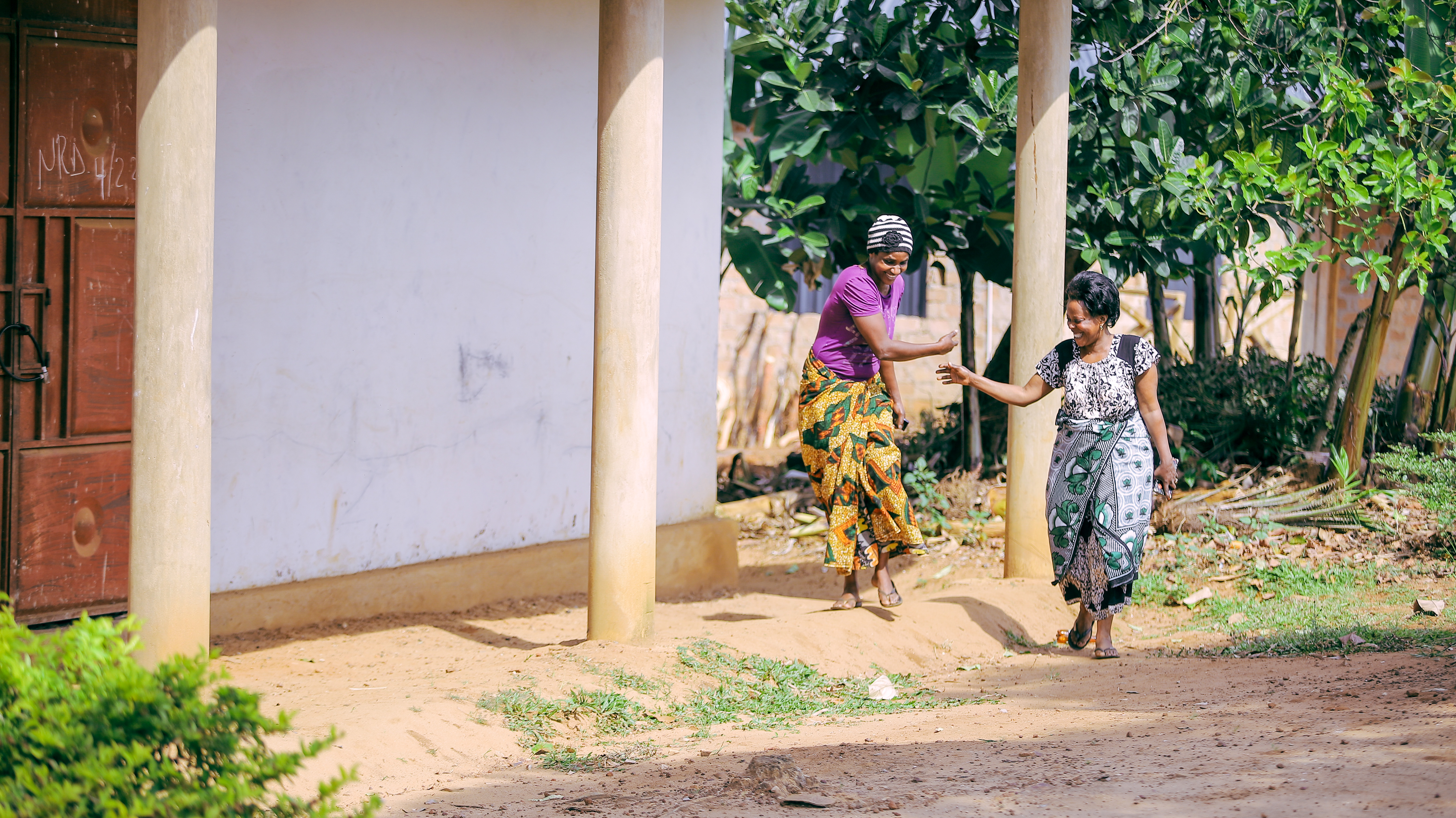
Alodia is now an advocate in her community and because of her story, many other women are going for early cervical cancer screening.
“This timely intervention saved my life. Thanks to the early screening, diagnosis, and treatment I received, I have been saved from dealing with cervical cancer,” she says.
Communications Officer
WHO Country Office, United Republic of Tanzania
Tel: +255 744377899 (Phone)
Email: adjeidum [at] who.int (adjeidum[at]who[dot]int)


